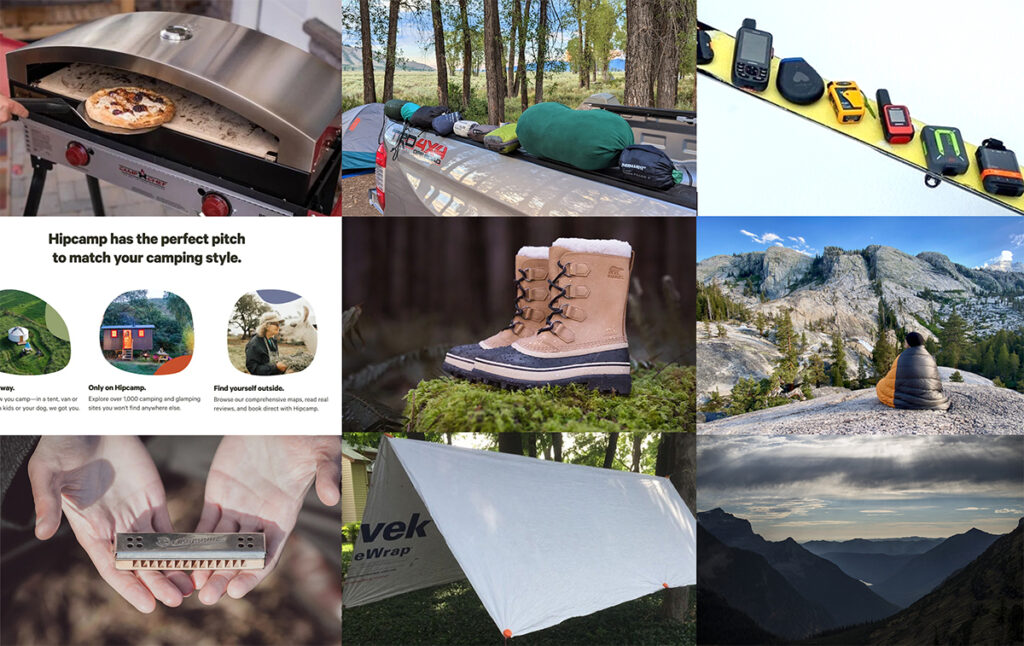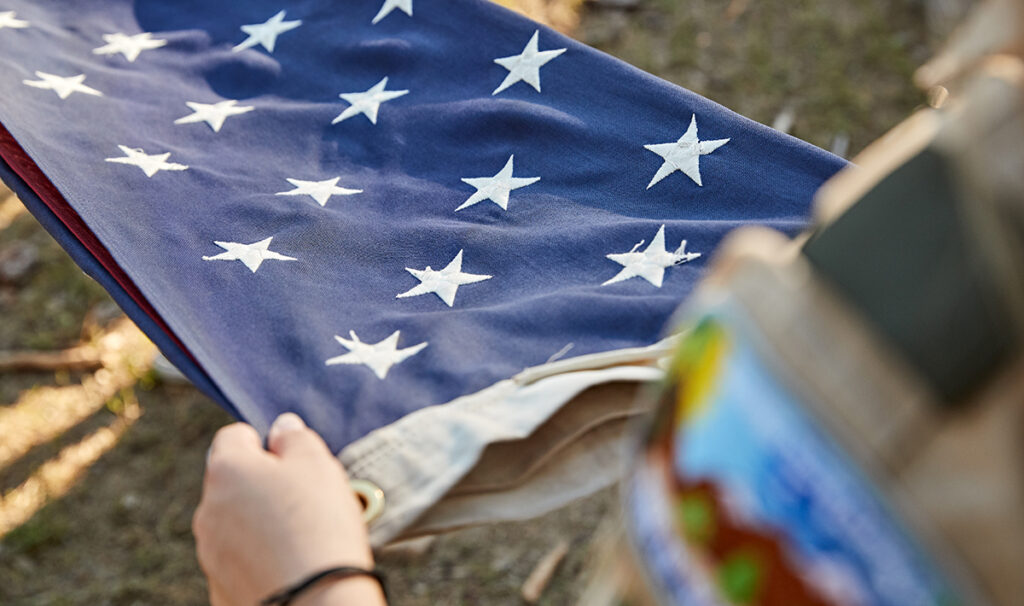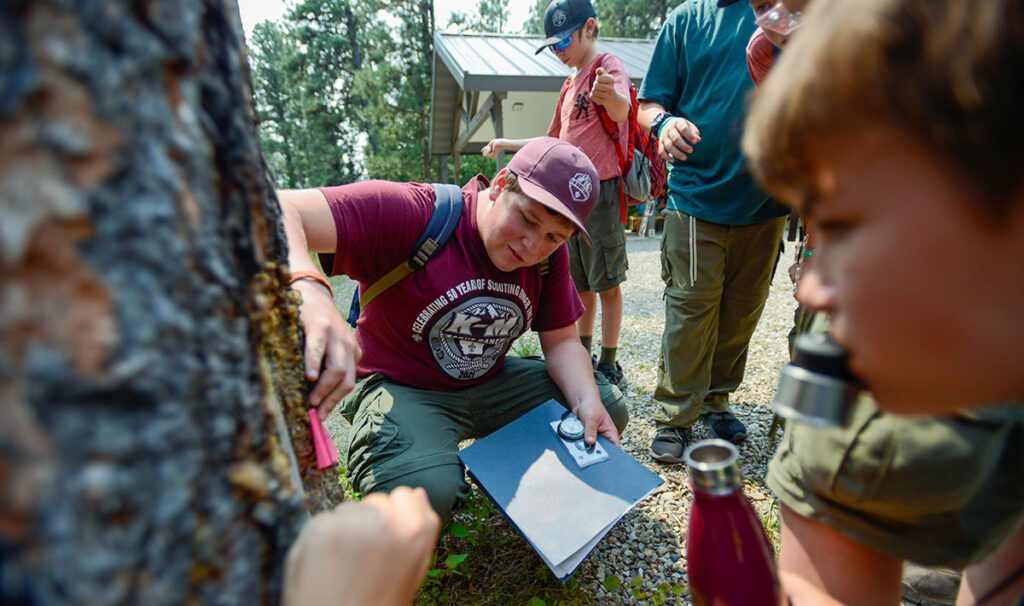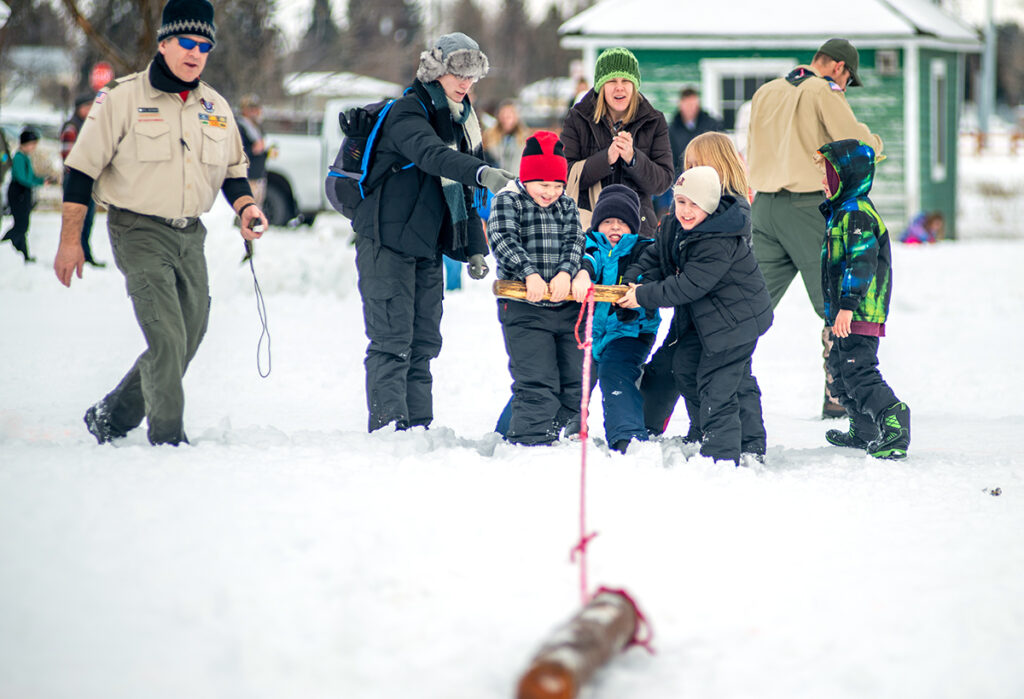
It’s getting cold across Montana – but Scouting continues! We know that the outdoor program is a key component of Scouting, but planning for outdoor activities during the winter isn’t always easy. Here are some ideas to keep your outdoor program strong during the colder months.
Local Options
We are blessed to have an abundance of outdoor activities right at our doorsteps, so don’t overlook nearby opportunities. A local hike, sledding hill, or public park on a snowy day may be the perfect place for your den, pack, patrol, or troop. For Scouts BSA troops looking for campout locations, many campgrounds are kept open during the winter, as well. Cabin “camping” at a location with outdoor activities is a great alternative to tent camping during the winter, as well.
Plan Ahead
As with any activity, proper planning is key. Reviewing the weather forecast to ensure safety, proper clothing, and any additional needs or equipment are important to a successful event. Communicating plans to families well in advance is key, as well, especially if specialty clothing or equipment is needed. Note that some campgrounds do not have water available during the winter, so “Be Prepared” to bring adequate water for your participants.
Safety First
Cold weather and winter activities can involve risk, so keep participants’ safety in mind. The BSA Guide to Safe Scouting has some specific requirements and recommendations for winter activities. The SAFE checklist is a useful tool to prepare for and assess any potential hazards you may encounter.
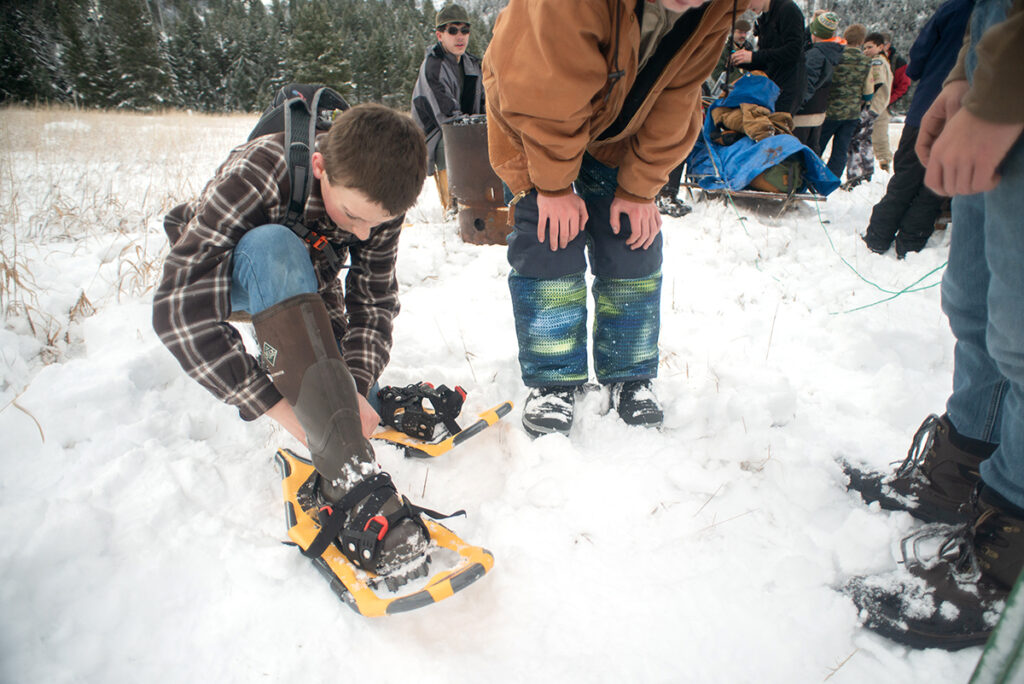
Appropriate Gear and Equipment
Scouts (and their parents) may not have much experience with prolonged outdoor cold-weather activities, and they may lack the appropriate gear and clothing, as well. Providing detailed information on the clothing and gear needed for a winter outing can be helpful to all families as they prepare for the activity. Note that the BSA recommends the use of helmets for sledding and requires helmets for skiing/snowboarding.
Know Your Scouts’ Limitations
Scouts’ tolerance and preparedness for cold weather must be considered. Cub Scout outdoor activities during cold weather should be limited to day trips or cabin camping and provide opportunities for warming, such as hot chocolate, warming fires, and warm indoor areas for breaks and relief from the weather. Scouts BSA winter camping should take into account the Scouts’ skill levels and adequate gear and shelter, including backup plans for warm shelter.
Most importantly, have fun! Not every Scouting activity needs to focus exclusively on advancement. Winter camping and outings are perfect for “fun” activities like building a snowman, sledding, campfires, exploring nature, and playing games. Advancement can often be naturally integrated into an activity instead of building an activity around advancement.
As always, reach out with any questions or assistance we can provide. Happy Scouting!
Terry Dutton
Director of Support Services/COO

